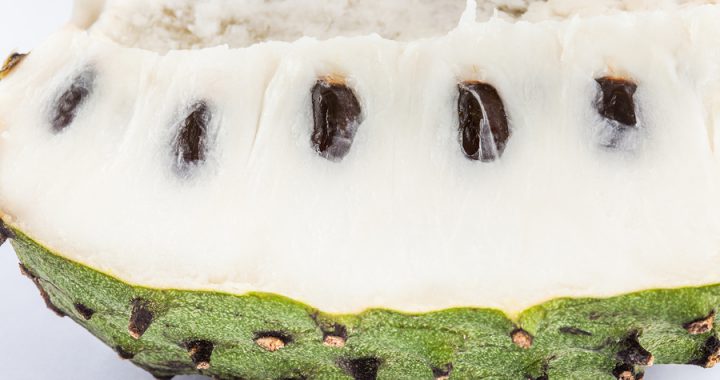Maintaining a healthy and balanced diet can be a challenge. However, nature offers a wealth of nutrient-rich options to support our well-being. One such natural treasure is the soursop tree, known for its delicious fruit. But did you know that soursop leaves are also packed with nutrients and are increasingly gaining popularity as a dietary supplement? In this article, we will explore the nutritional benefits of soursop leaves, why they are considered a valuable source of vitamins, minerals, and antioxidants, and how they can be incorporated into your daily routine for a healthier lifestyle.
Nutritional Powerhouse:
Soursop leaves are a nutritional powerhouse, containing an impressive array of vitamins, minerals, and antioxidants. While the specific nutrient composition may vary, soursop leaves are commonly recognized as an excellent source of vitamins C, B, and A. Vitamin C is known for its immune-boosting properties and its role in collagen synthesis, promoting healthy skin and tissue repair. The B vitamins, including thiamine, riboflavin, and niacin, play crucial roles in energy metabolism, nerve function, and cellular health. Vitamin A, found in soursop leaves in the form of beta-carotene, supports vision, immune function, and healthy skin.
Additionally, soursop leaves contain essential minerals like potassium and calcium. Potassium is an electrolyte that helps maintain proper heart and muscle function, as well as regulating blood pressure. Calcium is vital for strong bones and teeth, nerve transmission, and muscle contraction. By incorporating soursop leaves into your diet, you can naturally boost your intake of these essential minerals.
Fiber, another key component of soursop leaves, is known for its role in promoting digestive health. A high-fiber diet can help regulate bowel movements, prevent constipation, and support overall gut health. Including soursop leaves as part of your dietary regimen can provide a significant fiber boost.
Antioxidant Powerhouse:
Antioxidants play a crucial role in protecting our cells from damage caused by harmful molecules called free radicals. Soursop leaves are rich in antioxidants, making them an excellent natural source to combat oxidative stress. These antioxidants include acetogenins, flavonoids, and phenolic compounds, which have been linked to various health benefits.
Acetogenins, unique to the Annonaceae family to which soursop belongs, are known for their potential anticancer properties. They have been studied for their ability to inhibit the growth of certain cancer cells, although more research is needed to fully understand their mechanisms and potential applications.
Flavonoids, another group of antioxidants found in soursop leaves, have anti-inflammatory and immune-boosting properties. They help reduce inflammation in the body and may contribute to overall health and disease prevention. Phenolic compounds, also abundant in soursop leaves, have been associated with antioxidant and antimicrobial activities.
By consuming soursop leaves, individuals can benefit from these powerful antioxidants, protecting their cells from damage, supporting immune function, and potentially reducing the risk of chronic diseases.
Incorporating Soursop Leaves into Your Diet: Now that we’ve explored the nutritional and antioxidant benefits of soursop leaves, let’s discuss how you can easily incorporate them into your daily diet.
One popular method is to prepare soursop leaf tea. Simply steep a few dried or fresh soursop leaves in hot water for 5-10 minutes, strain, and enjoy. Soursop leaf tea has a pleasant, mildly herbal flavor and can be consumed hot or cold. It’s an excellent way to reap the benefits of soursop leaves and stay hydrated.
You can also add powdered soursop leaves to smoothies, juices, or homemade energy bars. By blending a small amount of powdered leaves into your favorite recipes, you can infuse them with the nutritional goodness of soursop.
For a more adventurous culinary experience, soursop leaves can be used in cooking. They can be added to soups, stews, or curries to enhance flavors and provide a unique aroma. In some cultures, soursop leaves are wrapped around foods before grilling or steaming, imparting a subtle herbal essence to the dish.
You can buy all-natural air dried soursop leaves on this website





